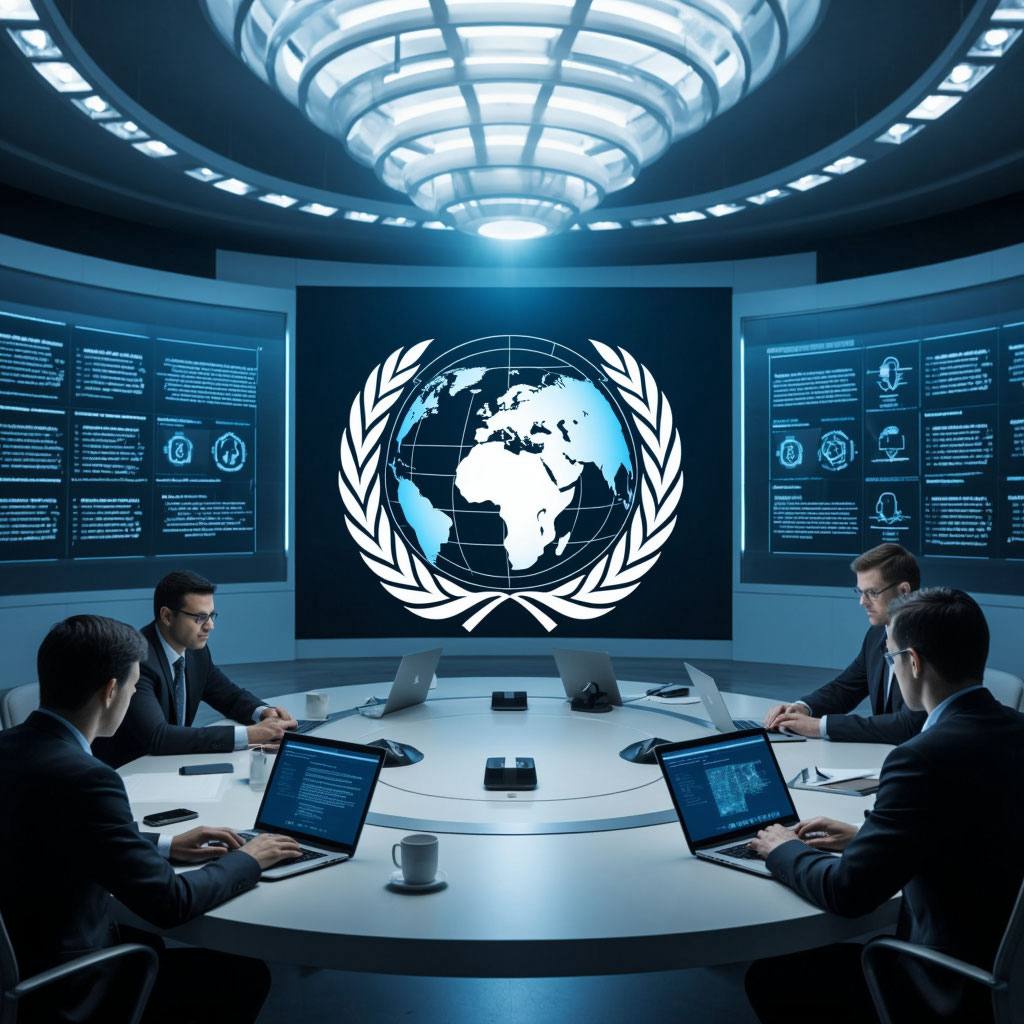
The opening ceremony for the signing of the UN Convention against Cybercrime – also known as the "Hanoi Convention" – took place on Saturday, October 25, in Hanoi, Vietnam.
"The UN Convention against Cybercrime is a powerful, legally binding instrument designed to strengthen our collective defenses against cybercrime. It is a testament to the enduring power of multilateralism in finding solutions. And it is a promise that no country, regardless of its level of development, will be left defenseless against cybercrime," UN Secretary-General António Guterres said at the ceremony.
The Convention became the first global treaty in this area in 20 years. The document served as a compromise alternative to the Budapest Convention and aims to unify the fight against cyberthreats worldwide.
The Hanoi Convention consists of nine chapters and 71 articles, which set the course for restructuring the global architecture for combating cybercrime by implementing three points:
• unification of criminal laws,
• expansion of the procedural powers of law enforcement agencies,
• creation of a global system of international cooperation.
Until recently, the main international instrument in the field of cybersecurity was the Budapest Convention on Cybercrime, adopted by the Council of Europe in 2001, signed by 68 states.
The main stumbling block of the Budapest Convention was Article 32(b), which allowed law enforcement agencies of one member state to access computer data stored in the territory of another state that had acceded to the document.
The Hanoi Convention has been signed by 65 States, and all RCC Member States have acceded to it or declared their intention to do so.
The document will enter into force 90 days after ratification by 40 Member States.
"Cybercrime is fundamentally changing the nature of organized crime, and the new UN Convention against Cybercrime will be an important tool to enable States to effectively counter this threat," said Ghada Waly, Executive Director of the UN Office on Drugs and Crime.
⠀
Subscribe and stay up-to-date with RCC news on the official Telegram channel.















